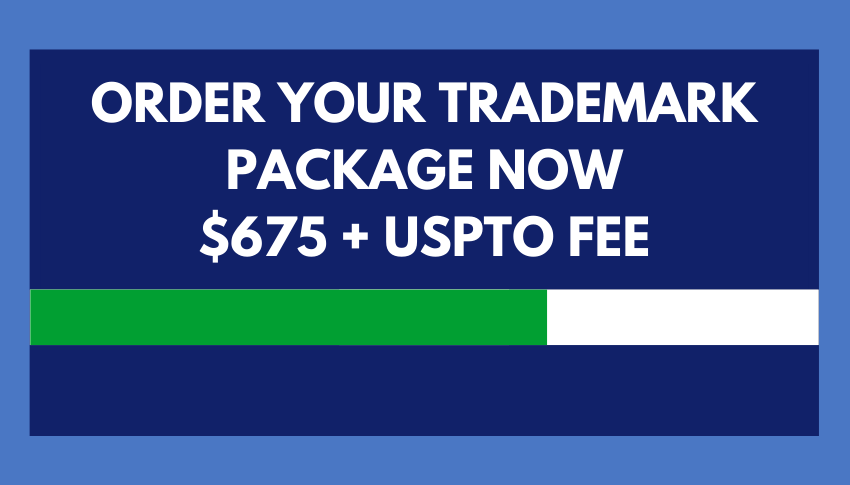
This month we consider a commonly overlooked aspect of branding and trademarks, and that is the interplay between marketing professionals and trademark attorneys. More often than not, the trademark attorney is called in to “vet” a branding concept or trademark name after the idea has been pitched, critiqued, tweaked and sold to the brand’s chief decision makers. By then, the decision makers have approved the concept or name and they really just want a stamp of approval from their trademark counsel.
But the truth is, the relationship between marketers and trademark attorneys is quite complicated because while they may be working on the same project, marketers and TM attorneys have very different goals and responsibilities.
The marketer’s job is to convey the product, its utility and its benefits to the relevant market as easily and as memorably as possible. Depending on the product or service, this could be a very short-sighted goal – get the most number of eyes on this as quickly as possible. The trademark attorney, on the other hand, has a more long term goal, which is to help his or her client build a strong brand that is memorable AND unique, all while fending off competitors and staying clear of infringing someone else’s brand.
To illustrate, a marketer may pitch a trademark name that is very easy to remember but also potentially too descriptive. This may lead to competitors copying or using the same language and claiming the name is not sufficiently distinctive to serve as a trademark. A recent example of this was Microsoft and Amazon challenging Apple’s “App Store” trademark. Easy to remember from a marketing perspective, but that little mark has led to a lot of trademark headaches.
The other challenge to the relationship between marketers and trademark attorneys is that usually, by the time the trademark attorney gets involved, the brand or concept has been through so many cycles and iterations, the last thing the marketer wants to hear is that it won’t fly from a trademark standpoint. This is not only frustrating, it can lead to costly delays in getting the product to market.
At the end of the day, the marketer and the trademark attorney have a common goal (get the product to sell well in the market and please the client!). They simply have to work together, and yes, compromise a little here and there, to make it work. Some things to keep in mind to ensure your marketing and trademarking goals are aligned:
1. Bring in a trademark attorney as early as possible, including brainstorming, conception and planning meetings. Initial ideas can be easily vetted (and discarded if necessary) before they’re approved for further consideration.
2. Marketers must be sensitive to the enormous costs and disruptions that could result from failure to conduct proper due diligence. Having a trademark refused at the trademark office pales in comparison to being sued for trademark infringement.
3. The marketer and trademark attorney should work together to find middle ground in their objectives. If the proposed trademark name is too descriptive or easily copied, the trademark attorney may offer his or her insight into variations or truncations that may result in a stronger, more effective brand name.
4. The trademark attorney should allow his or her client the option and flexibility of assuming more risk in exchange for greater exposure and sales. The decision of whether to proceed with a brand name or concept, following reasonable due diligence, often comes down to the client’s risk tolerance.
These are just a few points to keep in mind as you work with your marketing team and trademark attorney to build your brand. If you have any questions about finding the right name for your goods or services, or for assistance with trademark search and clearance services, please give us a call at (800) 769-7790 or send us an email. We’re always happy to hear from you!



